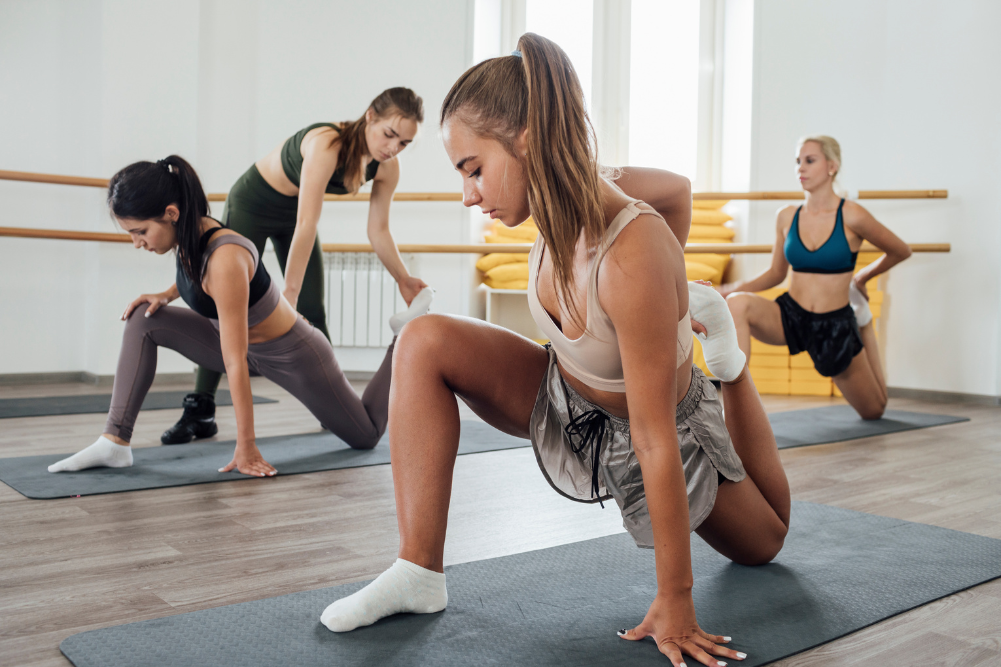How to improve exercise motivation in older adults
Older adults benefit from regular exercise, but it can be difficult for them to stay motivated. A sedentary lifestyle has many negative outcomes for mental and physical health so it’s important for older adults to remain active. Resistance training is recommended for older adults at least twice a week as it can maintain and increase muscle strength and functional capacity when ageing. But very few older adults follow these guidelines. To find a way to improve exercise motivation in older adults, a new study investigated the effects of resistance training on motivational characteristics related to exercise.
Resistance training improves exercise motivation as well as increasing the confidence in older adults to plan their exercise routines and maintain a physically active lifestyle.
University of Jyväskylä researchers looked at 104 healthy community-dwelling adults aged 65–75 who did not fulfil physical activity recommendations for endurance exercise at baseline. They also didn’t have previous resistance training experience. The participants were randomised into four resistance training intervention groups: training once, training twice, training three times a week or the non‐training control group. All the training groups participated in supervised resistance training for nine months. For the first three months, all groups trained twice a week and then with allocated frequencies from the fourth month onwards. Exercise motivation, self‐efficacy and planning were measured with questionnaires at baseline, at three months and at nine months. The continuance of resistance training was determined by interviews conducted six and 12 months after the end of the intervention.
During the one-year follow-up, the researchers found that after completing supervised resistance training intervention 22 per cent of the participants continued regular resistance training once a week, while 24 per cent continued training twice a week. Resistance training also improved exercise motivation in the participants and they started to enjoy training and physical activity in general. Additionally, exercise planning increased, indicating that the subjects started to think about how to maintain a physically active lifestyle. These improvements were linked to continued resistance training one year after the end of the intervention.
The findings suggest that resistance training improves exercise motivation as well as increasing the confidence in older adults to plan their exercise routines and maintain a physically active lifestyle. These factors play an important role in maintaining the health and wellbeing of older adults and must be considered when promoting exercise intervention for this population.
Source: Scandinavian Journal of Medicine & Science in Sports








